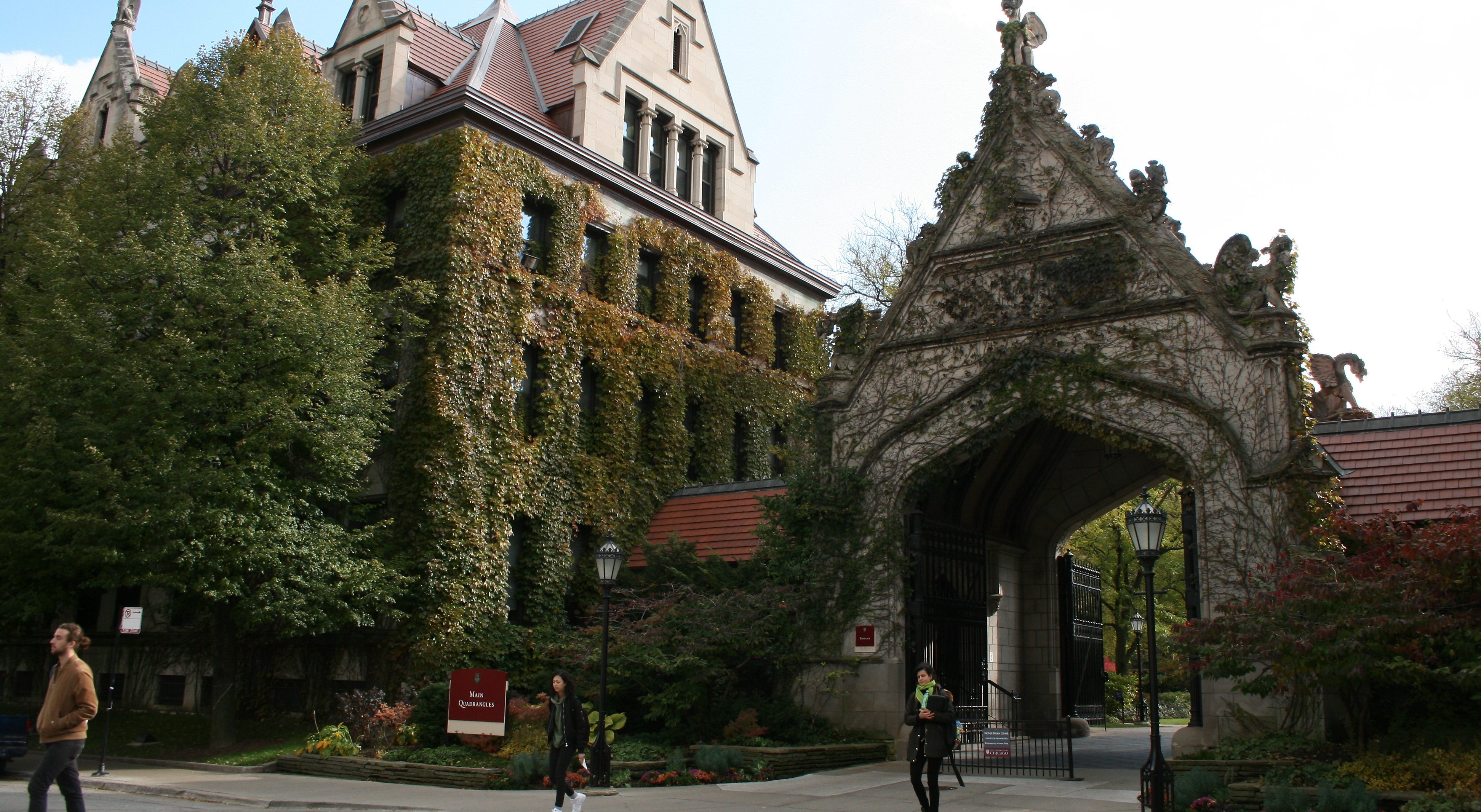In the final lecture of the course, we study some problems of solving systems with distortions. As we have seen, equilibrium and Pareto efficient allocation of a system coincide under specific conditions only, so in cases where any of these circumstances are not met the efficient allocation and the equilibrium of the same system areContinue reading “Lecture 17: Equilibria in systems with distortions.”
Tag Archives: dynamic optimization
Seminar session 8: Real business cycles – a basic RBC model.
In the final seminar session of the course, we have a closer look at a basic real business cycle model. This family of models was suggested by Kydland and Prescott in the early 80s. The significance of their achievement is impossible to overstate. First and foremost, after the emergence of real business cycle models, economistsContinue reading “Seminar session 8: Real business cycles – a basic RBC model.”
UChicago Chronicle #53
Chicago is calling, and I must go…
Seminar session 7: Bellmanize, all over again! An investment problem.
In this seminar session we turn back to the use of the Bellman equation again. The problem is about an astronaut who is supposed to survive on the Mars by growing potatoes. The dynamic aspect of the problem is familiar. Investment in future crops can be increased only at the cost of giving up someContinue reading “Seminar session 7: Bellmanize, all over again! An investment problem.”
Lecture 14: Pareto optima and competitive equilibria. Part B.
In Part B of Lecture 14 we complete our analysis on Pareto optima and competitive equilibria. First, we continue the discussion of the problem where a linear functional ensuring the existence of a competitive equilibrium doesn’t have an inner product representation, so it cannot be interpreted as a price system. We shall see that theContinue reading “Lecture 14: Pareto optima and competitive equilibria. Part B.”
Lecture 13: Laws of large numbers.
In this lecture we lay the foundations for comparisons between models and reality. In the last few lectures, we surveyed the convergence concepts of Markov processes, and paid special attention to the conditions under which we can expect a model describing a Markov process to converge to a probability measure. Speaking in broad terms, weContinue reading “Lecture 13: Laws of large numbers.”
Seminar session 6: Bellmanize, again! An information problem.
In this short TA session, we return to the art of formulizing the Bellman equation. Recall that mastering this art, referred to as the imperative ‘Bellmanize!’, is one of the basic creeds of the Chicago School of Economics—this is the reason why we are also trying to learn as much as we can about thisContinue reading “Seminar session 6: Bellmanize, again! An information problem.”
Lecture 12, Addendum 2: The discrete-space inventory problem in MATLAB.
In this short MATLAB session, we revisit the inventory problem of Lecture 12. Our goal is to formulize the problem to be solvable in MATLAB to have a clear visual representation of the dynamics of the optimally managed inventories. Throughout the exercise we actively use what we learnt in the previous session about defining MarkovContinue reading “Lecture 12, Addendum 2: The discrete-space inventory problem in MATLAB.”
Lecture 11: Weak convergence of Markov processes
In this lecture we go on studying the convergence of Markov processes. In the previous lecture based on Chapter 11 of Stokey and Lucas’ book compared the strong and weak types or forms of convergence of probability measures. Note that strong convergence also includes a requirement about the rate of convergence, which may be tooContinue reading “Lecture 11: Weak convergence of Markov processes”
Lecture 10: Markov chains. The strong convergence of Markov processes.
This is the first time in these lectures when we meet Markov chains and general Markov processes. Markov processes form a very effective framework for us to define and describe stochastic events affecting our optimization problems. We study two forms of Markov processes. The first of them is generally labelled as Markov chains—this is theContinue reading “Lecture 10: Markov chains. The strong convergence of Markov processes.”
